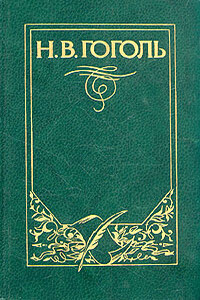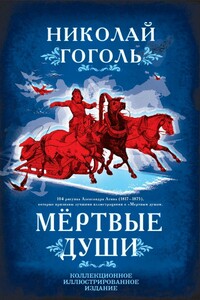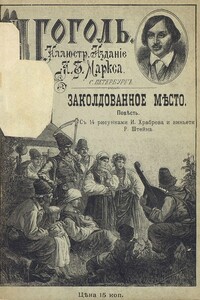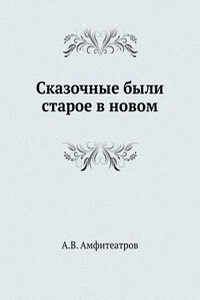| And his strength failed him, and he cried in the weakness of his soul, | И упал он силою и воскликнул в душевной немощи: |
| "Father! where are you? do you hear?" | - Батько! где ты! Слышишь ли ты? |
| "I hear!" rang through the universal silence, and those thousands of people shuddered in concert. | - Слышу! - раздалось среди всеобщей тишины, и весь миллион народа в одно время вздрогнул. |
| A detachment of cavalry hastened to search through the throng of people. | Часть военных всадников бросилась заботливо рассматривать толпы народа. |
| Yankel turned pale as death, and when the horsemen had got within a short distance of him, turned round in terror to look for Taras; but Taras was no longer beside him; every trace of him was lost. | Янкель побледнел как смерть, и когда всадники немного отдалились от него, он со страхом оборотился назад, чтобы взглянуть на Тараса; но Тараса уже возле него не было: его и след простыл. |
| CHAPTER XII | XII |
| They soon found traces of Taras. | Отыскался след Тарасов. |
| An army of a hundred and twenty thousand Cossacks appeared on the frontier of the Ukraine. | Сто двадцать тысяч козацкого войска показалось на границах Украйны. |
| This was no small detachment sallying forth for plunder or in pursuit of the Tatars. | Это уже не была какая-нибудь малая часть или отряд, выступивший на добычу или на угон за татарами. |
| No: the whole nation had risen, for the measure of the people's patience was over-full; they had risen to avenge the disregard of their rights, the dishonourable humiliation of themselves, the insults to the faith of their fathers and their sacred customs, the outrages upon their church, the excesses of the foreign nobles, the disgraceful domination of the Jews on Christian soil, and all that had aroused and deepened the stern hatred of the Cossacks for a long time past. | Нет, поднялась вся нация, ибо переполнилось терпение народа, - поднялась отмстить за посмеянье прав своих, за позорное унижение своих нравов, за оскорбление веры предков и святого обычая, за посрамление церквей, за бесчинства чужеземных панов, за угнетенье, за унию, за позорное владычество жидовства на христианской земле - за все, что копило и сугубило с давних времен суровую ненависть козаков. |
| Hetman Ostranitza, young, but firm in mind, led the vast Cossack force. | Молодой, но сильный духом гетьман Остраница предводил всею несметною козацкою силою. |
| Beside him was seen his old and experienced friend and counsellor, Gunya. | Возле был виден престарелый, опытный товарищ его и советник, Гуня. |
| Eight leaders led bands of twelve thousand men each. | Восемь полковников вели двенадцатитысячные полки. |
| Two osauls and a bunchuzhniy assisted the hetman. | Два генеральные есаула и генеральный бунчужный ехали вслед за гетьманом. |
| A cornet-general carried the chief standard, whilst many other banners and standards floated in the air; and the comrades of the staff bore the golden staff of the hetman, the symbol of his office. | Г енеральный хорунжий предводил главное знамя; много других хоругвей и знамен развевалось вдали; бунчуковые товарищи несли бунчуки. |
| There were also many other officials belonging to the different bands, the baggage train and the main force with detachments of infantry and cavalry. There were almost as many free Cossacks and volunteers as there were registered Cossacks. | Много также было других чинов полковых: обозных, войсковых товарищей, полковых писарей и с ними пеших и конных отрядов; почти столько же, сколько было рейстровых козаков, набралось охочекомонных и вольных. |








